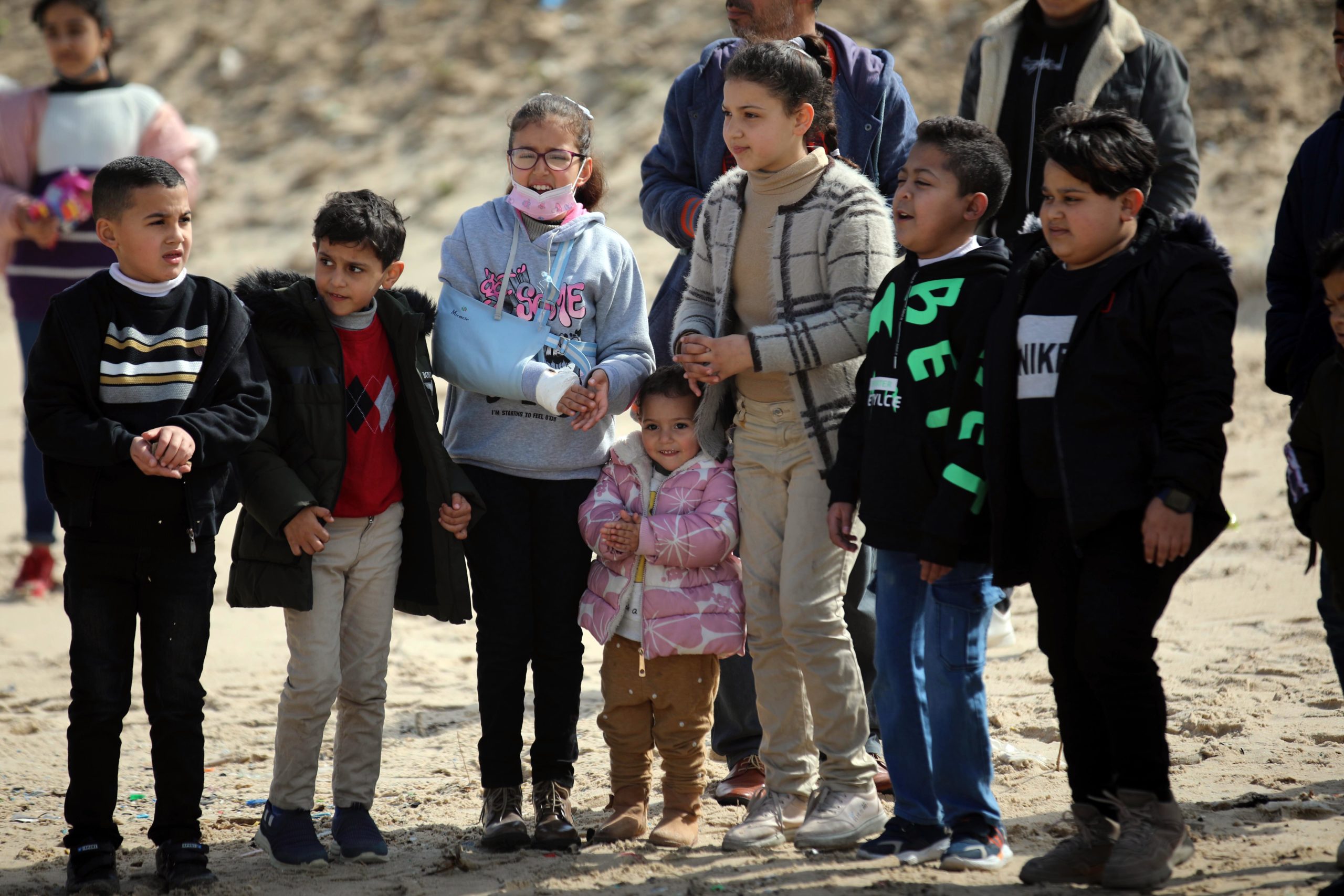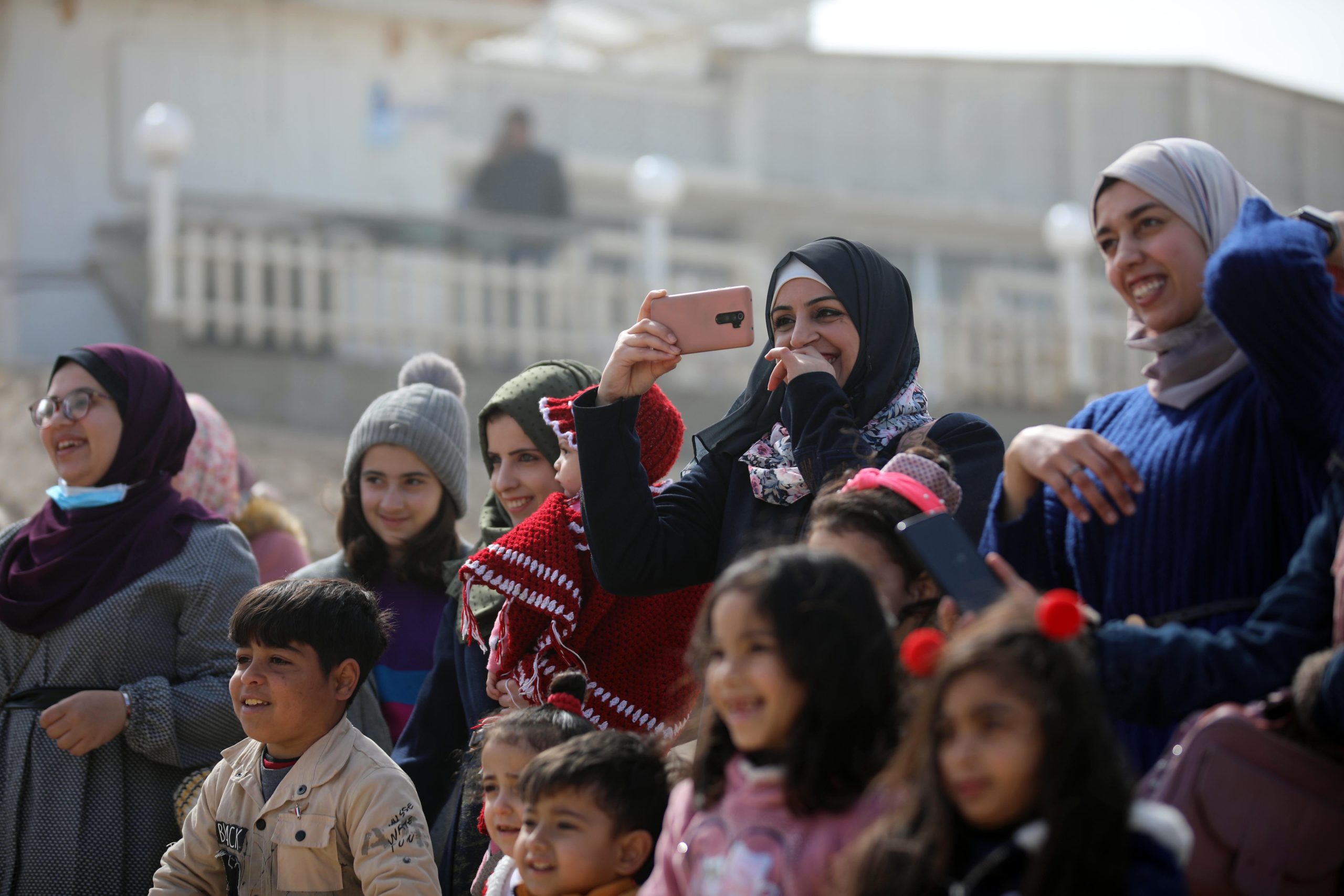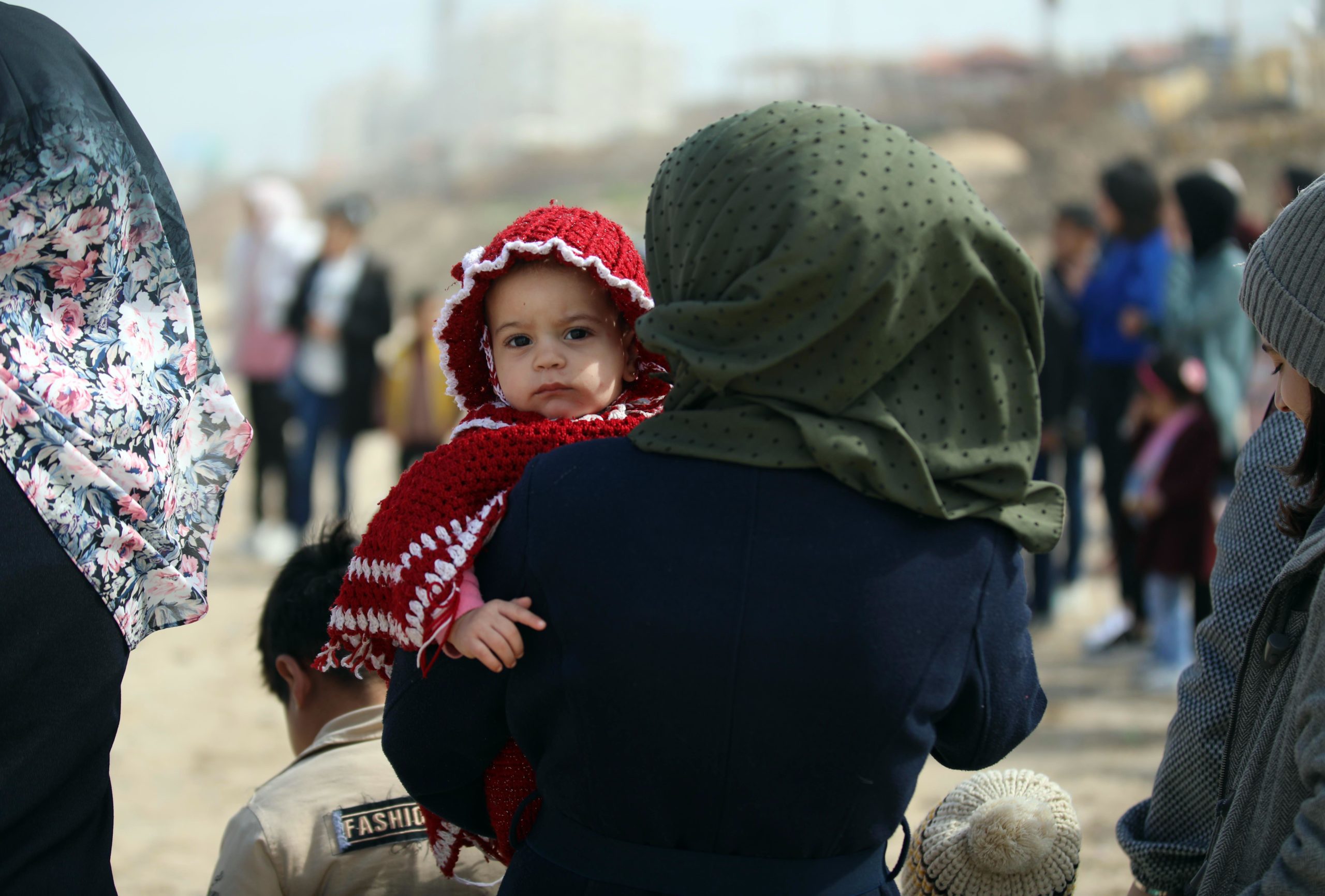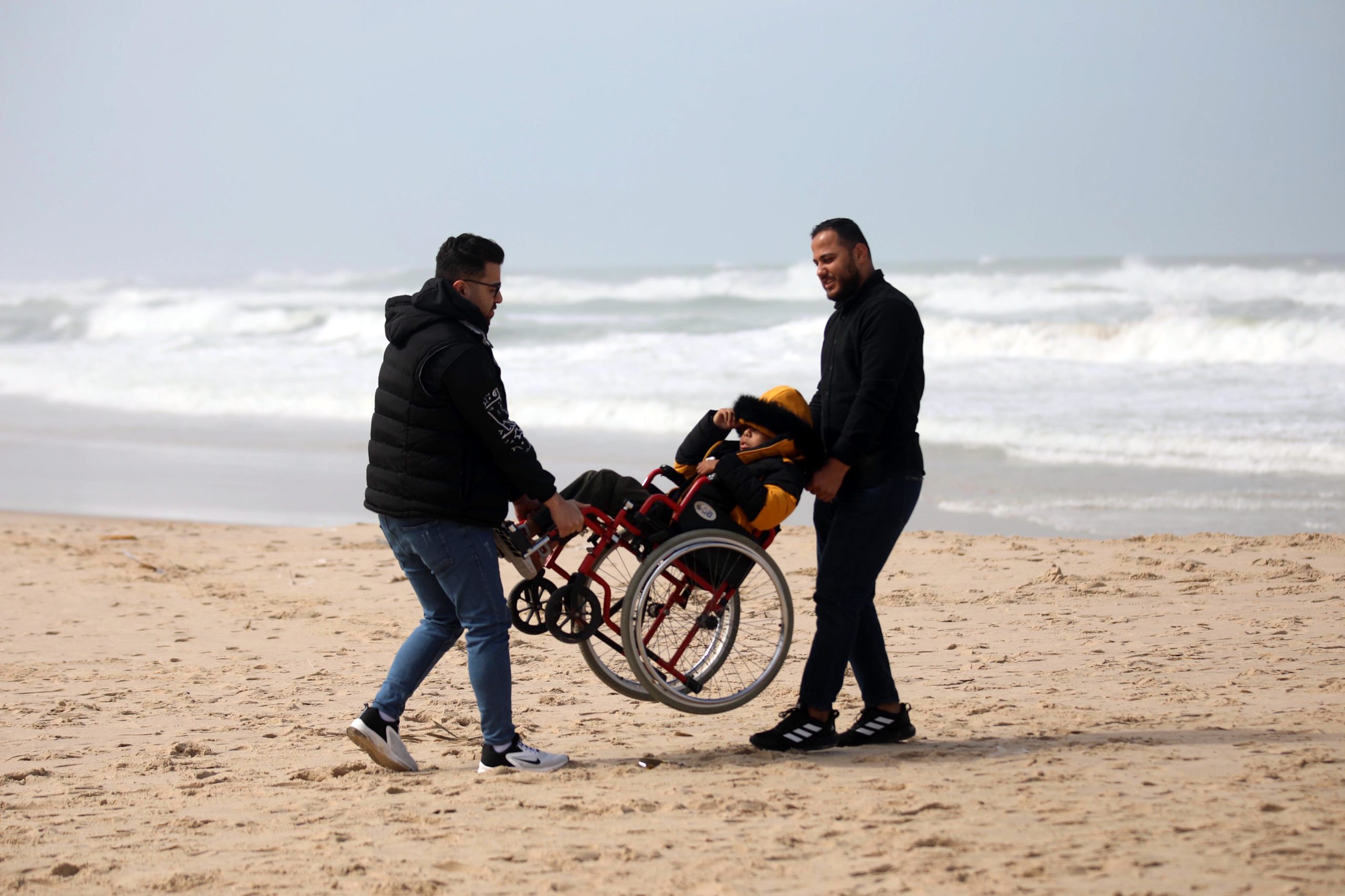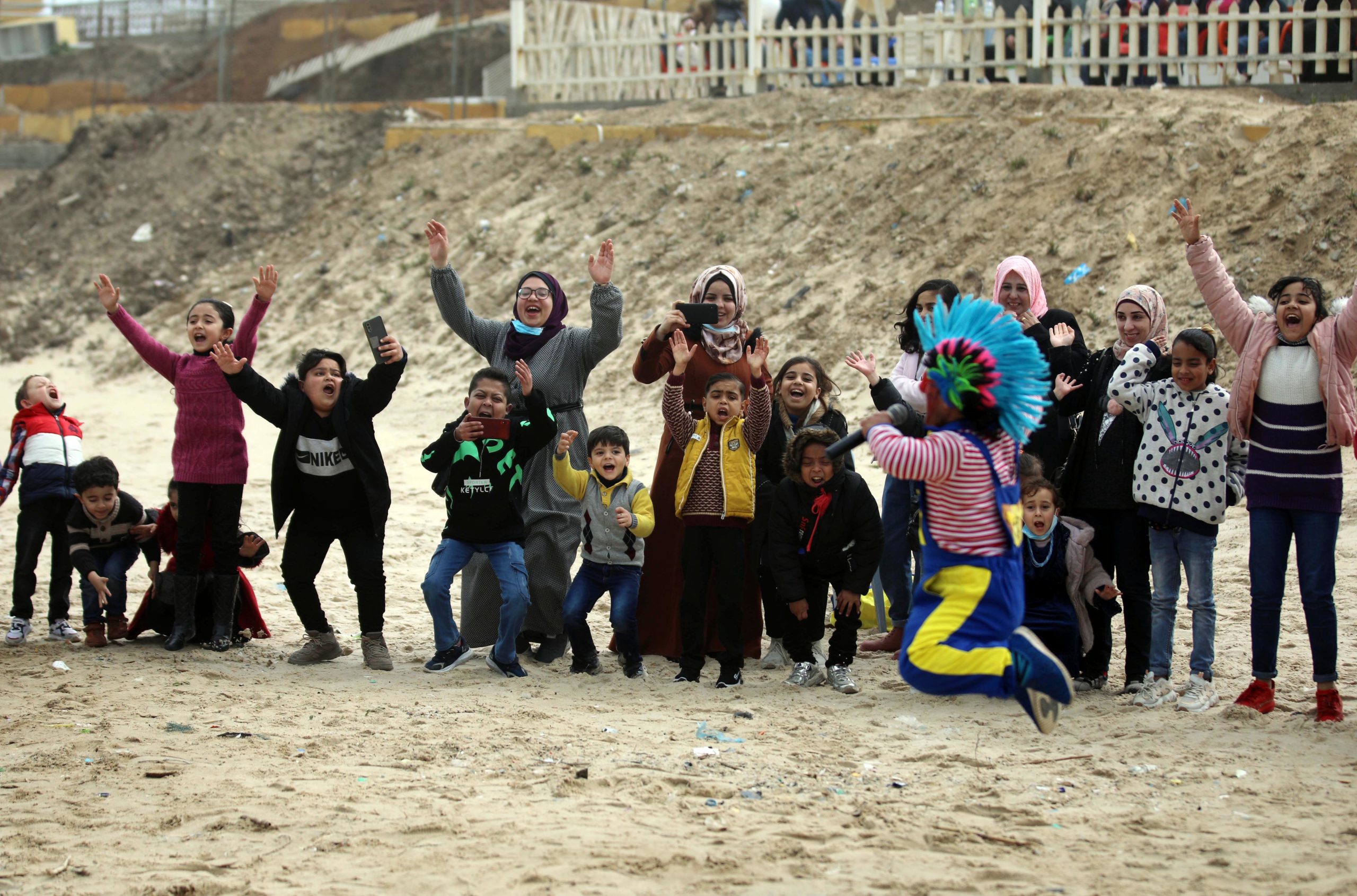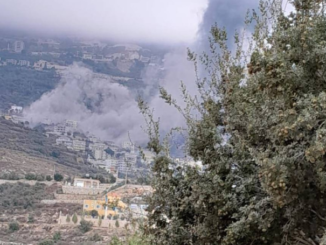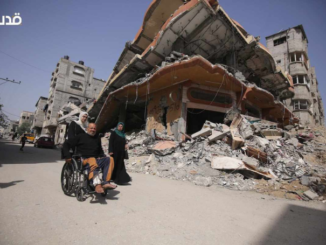
Israel’s hermetic siege on Gaza, which has entered its fifteenth year, has severely impacted several aspects of the lives of Palestinians living in the Strip. The healthcare sector is one of the most affected.
Medical staff and patients in Gaza have to deal with several challenges: lack of medications, medical equipment, and electricity generators to keep machines working, not to mention the fuel shortage for emergency generators during power cuts. Even clean water can be a challenge, not only in Gaza but at the Strip’s medical facilities as well.
Kidney patients, in particular, struggle with the lack of syringes filled with blood-thinning medication and the need for thrice-weekly dialysis sessions.
With a population of over two million people, only two hospitals in the Strip are able to offer this treatment: Al-Shifa Medical Complex and Abdul Aziz Al Rantisi Hospital.
Additionally, Israeli authorities often prevent the necessary medical equipment from entering the Strip, systematically depriving the hospitals of the dialysis devices needed for this critical treatment.
“Israel’s import and travel bans are well documented and must be submitted to the World Health Organization and human rights groups,” Dr. Ibrahim Abbas, Director of the Medical Imaging Unit at Al-Shifa Hospital, said during a recent press conference.
Abbas was quoted by the Middle East Monitor as saying that the medical crisis in Gaza is deliberately caused by Israel’s intention to paralyze the health sector in the besieged and impoverished Strip.
(Text: Mohammed Rafik)
(All Photos: Mahmoud Ajjour, The Palestine Chronicle)





